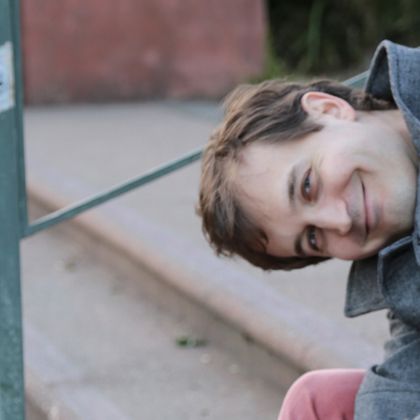High Art Music Without Cultural Highness: Reflections on the effects of twenty-first-century musical culture on the values and behaviour of avant-garde composers
Changes in Western attitudes toward high art music and developments in internet music technology in the twenty-first century have challenged the traditional values of avant-garde composers; they will therefore need to adapt accordingly. I examine these adaptations by tracing the development of one common avant-garde belief: the belief that certain kinds of music have unique cultural value that others lack.
I begin by looking at the ways in which avant-garde composers during the Cold War were able to gain political support for the idea that their music possessed an inherent superiority (cultural highness). I then discuss the failure of this model in the early 1990s, as well as alternative strategies developed to fill the gap left by the end of the Cold War and changing cultural attitudes toward high art. I propose that these new strategies ultimately fail as well, because internet music technology has destroyed any possibility for unique cultural value within music and re-situated this value in the individual listener’s perspective. Ideas of cultural highness therefore become untenable, and I end with several examples of how composers today are adapting their values and behaviour as a result.


